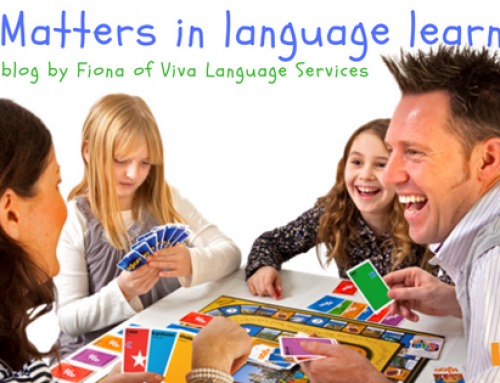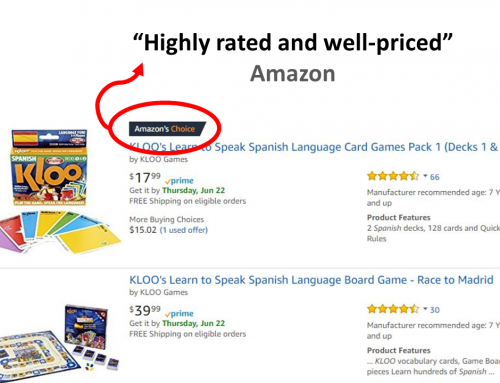Learn a foreign language fast (and save money)
There are a host of foreign language resources that perform poorly. Just by avoiding them you will save yourself time and money. The worst offenders, as shown in independent research, are:
CDs, DVDs, Foreign TV, Talking Toys, Audio files, MP3s,
Here’s the low down in a nutshell:
• For young children, CDs, DVDs, Talking Toys, foreign TV etc are of limited or no use at all. Human interaction is by far the best way for young children to learn.
• For older children (and adults) these language resources can have a complementary role as part of a wider language toolkit – but human interaction is still the most effective way to learn.
Research from different sources indicate that these audio-visual materials are of limited value or hardly work at all. Language experts Kendall King, Ph.D and Alison Mackey, Ph.D have collated and analysed extensive research to support these findings in their excellent book “The Bilingual Edge”. Their conclusions are clear and unequivocal and I think you may as well read them as stated rather than my interpretation.
They explain that even small amounts of foreign language exposure can help small children develop an ear for a language but go on to say that “to be effective, this exposure must be with a real human being not a DVD, television program, computer game, or talking toy. These edutainment devices, while extremely well marketed and popular with parents and some children, cannot substitute for a real person and real interaction.” They go on to summarise that: “Parents should keep in mind the simple point that [young] children do not learn much language through television or other educational products.”
The authors acknowledge that such edutainment materials have more value as children get older – particularly if they can follow subtitles. However, they stress that these materials need to be part of a wider toolkit and that the best way for them to learn is to be “focusing more on making language learning a positive, fun, interactive and engaging process.”
The authors are actually are left disappointed by the implications of these findings. “Like a lot of parents, we hoped that by providing our children with these DVDs and television, we were not just entertaining them but giving valuable foreign language input. The findings that things don’t exactly work this way was a tough pill to swallow – and we wish it were that easy!”
Kendall King and Alison Mackey are linguistics professors at Georgetown University. Between them they have written nearly a hundred research articles and books on language teaching methods.
Please read their authoritative book the Bilingual Edge for more information on their findings and their research sources.
For a MFL resource that does involve human interaction check out KLOO








[…] The best ways to learn a language (and save money) […]